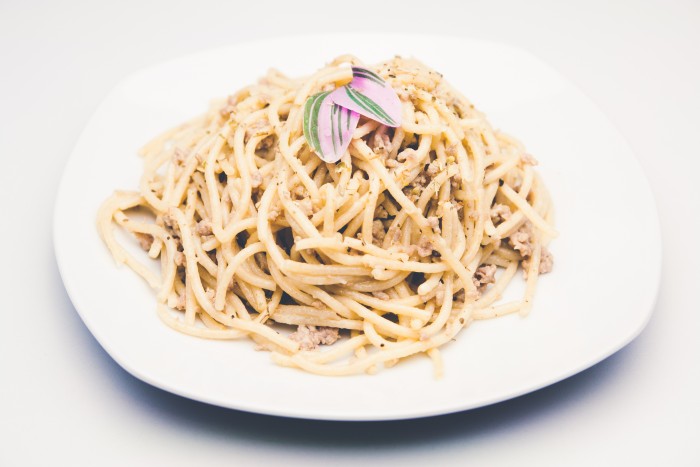Should women with PCOS avoid gluten?

Gluten-free diets are very popular right now for many people, including women with PCOS. But, is removing gluten from your diet really necessary? Let’s take a deeper look into the relationship between PCOS and gluten.
#1. What is gluten and where is it found?
Gluten is a protein found in the grains wheat, rye, and barley, which are commonly used to make breads, pastas, beer, and many processed foods. Gluten is also used as a filler in sandwich meats, imitation seafood and bacon, marinades, and sauces. Additionally, trace amounts of gluten can be found in oats if they are processed in the same place as other gluten-containing grains.
#2. Is there a connection between gluten and PCOS?
To date, there is no conclusive, evidence-based research that gluten causes or worsens PCOS-related symptoms or that women with PCOS have heightened sensitivities to gluten. So, in short, there is no connection between PCOS and gluten.
What has been studied and proven, however, is that women with PCOS experience higher levels of inflammation than their non-PCOS counterparts. Because of the known link between gluten and inflammation, some researchers have suggested that that daily consumption of wheat products and grains could contribute to chronic inflammation and autoimmune diseases in those suffering with PCOS.
#3. Should women with PCOS avoid gluten?
If you’re reading this and thinking “I still don’t know if I should eat gluten or not,” please know that determining food sensitives isn’t always straight-forward, and gluten alone may not be causing the common symptoms experienced by those with gluten intolerances.
That’s why I recommend working with a Health Coach like myself who can help you examine your diet and the foods that may be contributing to your PCOS symptoms.
Together, we’ll talk about three signs that may indicate a sensitivity to gluten:
- feeling bloated about eating,
- having loose bowel movements after meals, and
- experiencing joint pain.
We’ll also talk about other aspects of your diet and look at additional lifestyle factors such as the amount of sleep you get each night and how stressed you are on a daily basis, as both may be contributing to your PCOS-related symptoms.
#4. How do I begin eating gluten-free?
If it’s thought that a gluten-containing diet is negatively affecting your health, you’ll want to do an elimination diet and remove all gluten from your diet for three months in order to see if your PCOS-symptoms improve.
When transiting to a gluten-free diet, it’s important to understand that gluten-free doesn’t automatically mean healthy and good for you. Many store-bought, processed food marketed as gluten-free still contains added fillers such as sugar, saturated fat, and sodium. In excess, all three are poor food choices for PCOS women, especially those who have insulin resistance (the bodies inability to effectively move digested sugar from the blood stream to the cells).
In additional to carefully reading labels at the grocery store, you’ll also need to inform the wait staff in restaurants that you are avoiding gluten. Luckily, many restaurants today have gluten-free options on their menus, but it’s always best to ask questions and feel confident about what you’re ordering and eating.
Whether you’ve decided to go gluten-free or are still enjoying your whole grains, I hope this post has inspired you to start seeking freedom from your PCOS symptoms.
I hope this post has inspired you to start seeking freedom from your PCOS symptoms. For more of my PCOS tips, sign up below. And, if you know someone with PCOS who could benefit from this post, please share it with them.


